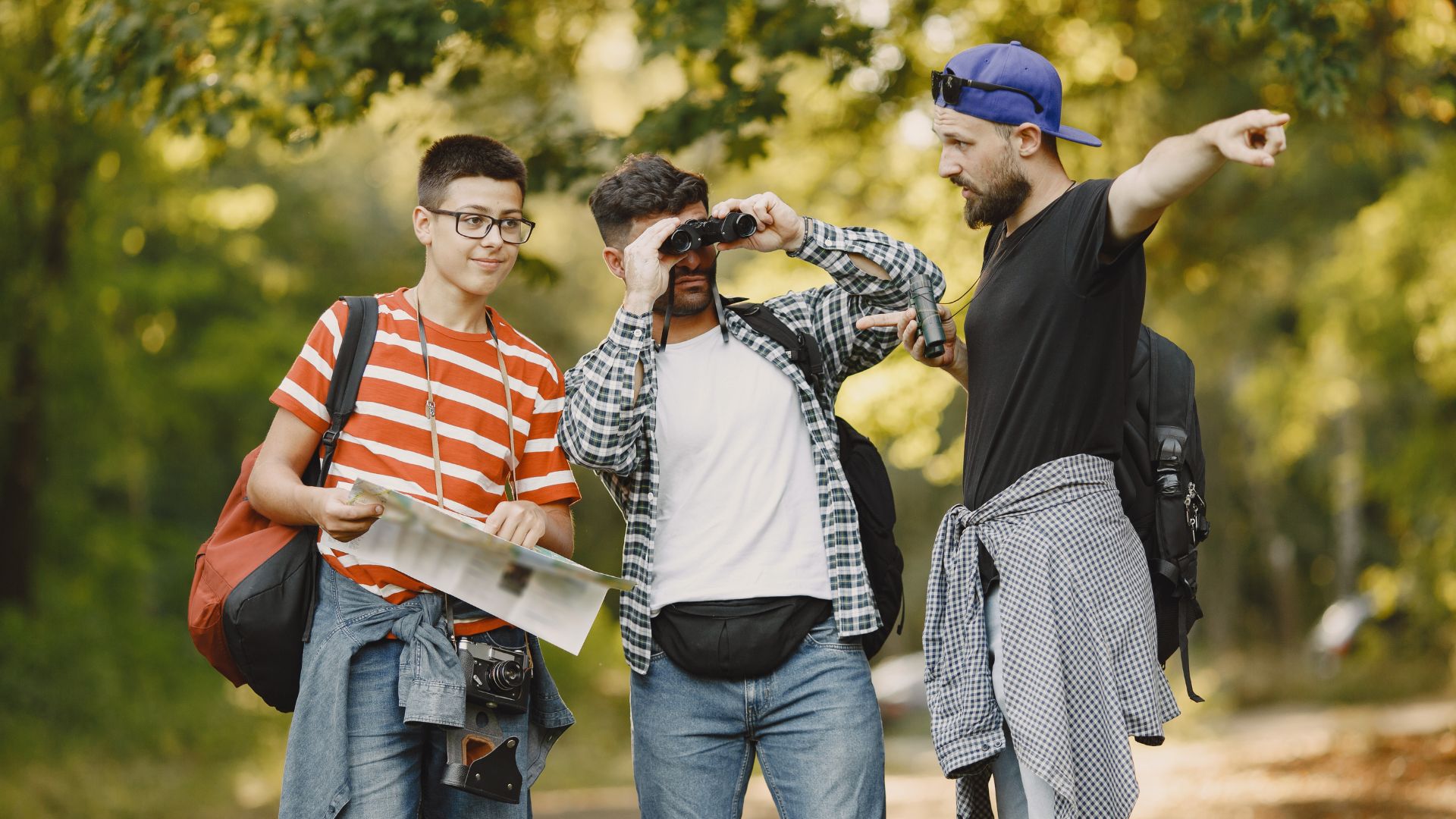When addiction disrupts a teen’s life, traditional therapy alone may not be enough. At White River Academy in Utah, we offer Recreational Therapy as a powerful complement to our clinical treatment. Through action-based healing, we help adolescent boys rediscover joy, confidence, and purpose.
Our program combines structured therapeutic outdoor activities and creative arts to help overcome emotional barriers. These experiences encourage healthy risk-taking, build social skills, and provide natural opportunities for growth. In a safe, supportive environment, teenagers not only learn to manage their addiction—they learn to thrive.
Recreational Therapy is a research-backed intervention that integrates structured, yet fun experiences into the treatment process. At White River Academy, we use it to address the underlying emotional, social, and behavioral patterns that contribute to addiction in adolescent boys.
Recreational activities may include morning hikes, sports, art therapy, and reflective outdoor time. Designed to reflect real-life situations, these exercises promote self-awareness, relaxation, and positive thinking.
Under licensed therapists’ guidance, teens build resilience and reinforce sober decision-making. This model drives engagement, fuels motivation, and provides practical tools for sustained recovery.
At White River Academy, Recreational therapy becomes a catalyst for lasting transformation. We’ve seen how engaging in meaningful physical activities helps adolescents reclaim their lives, offering:
These core outcomes make this approach a powerful resource in adolescent addiction recovery.
Why Choose us?
What sets us apart is the way we integrate therapeutic recreation into everyday life. Our program includes planned and purposeful activities, all woven into a teen’s structured daily routine.
These aren’t just breaks—they are opportunities to reset the mind and heal from within. Every activity is led by trained professionals who help your son turn movement and teamwork into tools for building a more fulfilling future.
Over time, these routines help teens develop structure and healthy habits without feeling like “treatment.” It’s a natural, engaging way to heal through therapy that feels meaningful, consistent, and effective. It’s where boys learn to live again with clarity and purpose.

17 years
Successfully Helping Families
15 years
Treating Sex Addiction & Compulsivity
92%
Graduation Success Rate
10 years
Of Family Advancement & Foster Care Experience
200 +
Community Service Improvement Projects Completed
17 years
Successfully Helping Families
15 years
Treating Sex Addiction & Compulsivity
92%
Graduation Success Rate
10 years
Of Family Advancement & Foster Care Experience
200 +
Community Service Improvement Projects Completed
We understand that seeking treatment for your son can raise many questions. To help you make informed decisions, we’ve compiled answers to some of the most frequently asked questions about our programs and our approach to treating teenagers.
If you don’t find the information you’re looking for, please don’t hesitate to contact our admissions team for personalized assistance.
No, physical fitness is not a requirement to participate. Activities are adapted to each teen’s ability level, ensuring everyone can engage safely and gain the desired benefits. Our focus is on emotional growth, not athletic performance.
Yes, our program is designed to support teenagers with dual diagnoses, including anxiety, depression, trauma, or ADHD. All activities are supervised by trained staff and therapists who are experienced in managing emotional and behavioral challenges. We tailor our approach to meet each individual’s unique needs, creating an environment where real healing and progress can take place.
Recreational Therapy is intentionally therapeutic—it’s not just about fitness or competition. Each activity is selected and facilitated to bring joy, encourage relaxation, and inspire motivation. Unlike PE, it’s guided by clinicians who help children reflect, grow, and apply insights to their recovery.
This therapy is an ongoing part of the treatment experience at White River Academy. They participate throughout their stay, with activities evolving as they progress in recovery. This long-term engagement helps reinforce growth and create lasting change.
We offer a variety of activities, including low-pressure, non-competitive options that allow gradual participation. Our therapists provide encouragement and emotional safety, helping them build confidence at their own pace. Over time, even the most reserved teens often find comfort and connection in the group.